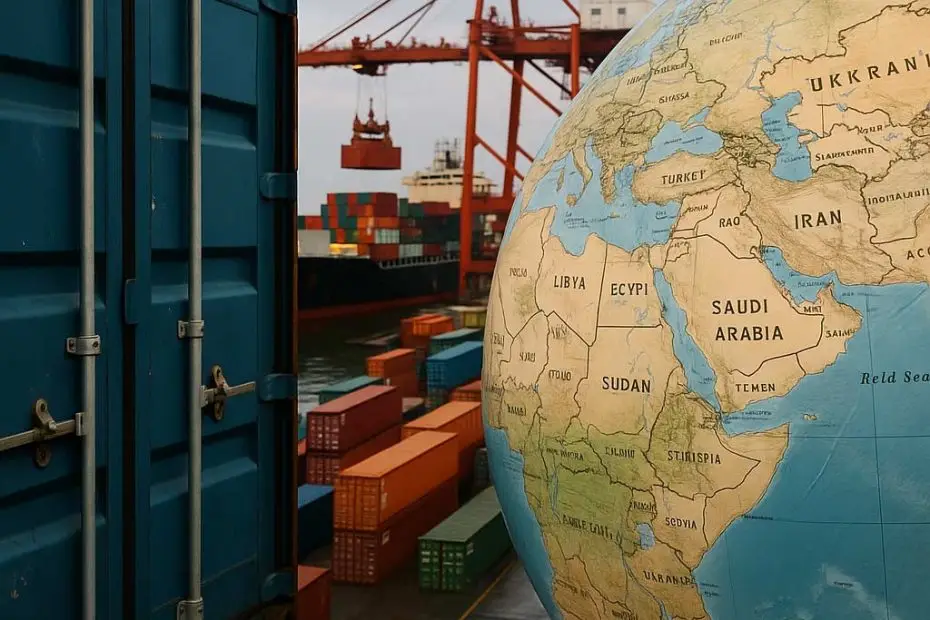As conflict simmers across the Middle East and parts of Europe, the global food logistics industry is once again facing heightened uncertainty. Shipping lanes through the Red Sea have become increasingly volatile due to renewed tensions between Israel and Iran, with Houthi attacks continuing to disrupt safe passage for container vessels. These disruptions are forcing major shipping lines to reroute around the Cape of Good Hope — a move that adds both time and cost to the journey of critical perishable goods.
Meanwhile, in Europe, the prolonged war in Ukraine continues to strain supply chains tied to grain, fertiliser, and energy. Land routes are under pressure, ports remain congested, and global pricing remains vulnerable to sudden policy shifts or regional flare-ups. The ripple effects are being felt as far as the Pacific, where importers and exporters are watching freight reliability and contract pricing with increasing concern.
Despite these challenges, ACIT is not currently experiencing any interruptions to our international food logistics components. Our long-standing relationships with trusted partners and diversified routing strategies have ensured uninterrupted flow through our cold chain. This is particularly critical as demand increases and perishable goods continue to rely on timely, temperature-controlled movement.
We continue to monitor global developments closely and remain ready to adapt if the situation worsens. While instability abroad often highlights the fragility of food logistics networks, it also underlines the value of resilient planning, strong partnerships, and end-to-end supply chain visibility — all core components of how we operate at ACIT.



